Johannes Moser chats to The Strad about his upcoming collaboration with guitarist Xuefei Yang at London’s Kings Place, where the duo will explore a range of works by composers including Dowland, Bach, Schubert, Sheng and De Falla
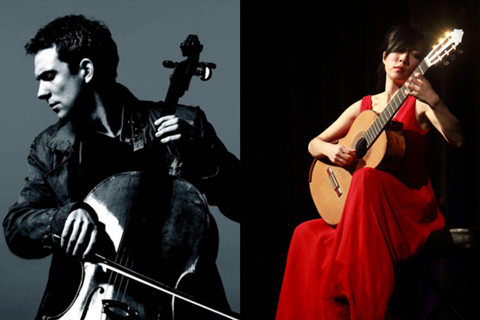
Discover more Featured Stories like this in The Strad Playing Hub
Tell us about your programme with guitarist Xuefei Yang that you’ll be performing at Kings Place
The programme reflects our upcoming digital release through the label Platoon, Songs of Joy and Sorrow, a truly eclectic musical mix that is tied together through the idea of songs without words. Firstly, we have the enigmatic and utterly beautiful songs by Dowland, carrying their messages unapologetically through the centuries. Then we have the lively, sometimes intimate, but always most expressive songs by de Falla. Finally, there’s the great Arpeggione Sonata by Franz Schubert, himself perhaps the greatest song composer of the late classical period. The Arpeggione is the beating heart of the programme, as everything else is kind of short form.
How do you find playing with a guitarist? Is the sound quite intimate, more so than playing with a grand piano?
It is a marvellous experience: during the season, I sometimes tire of the endless questions about the balance between my cello and orchestras. So, to engage with the fragile and most intimate sound of Fei’s guitar is an adventure in the opposite direction. I am not going to lie, it takes some getting used to, but the reward is wonderful as I get to engage with sides of my cello that I don’t usually meet that often.
In Schubert’s Arpeggione Sonata, we have a double arrangement in a way: The Arpeggione, originally a bowed guitar, is replaced by the cello, and the piano is replaced by the guitar. Turning it on its head really, but still getting Schubert to speak!
Have any of the pieces in the programme surprised you? How?
I was a bit apprehensive at first about the pieces by Dowland as they are so dependent on their heart-wrenching texts, and I was unsure if the melodic line by itself would carry the emotional message within. What surprised me is that, by leaving out the text, it opens up the emotional invitation to a very personalised identification of the listener. A song originally conceived with the notion of death and sorrow can now also hold a very different emotional meaning and area of projection, depending on the juxtaposition with different audiences.
Johannes Moser performs with Xuefei Yang at Kings Place on 1 March 2024. Find out more at https://www.kingsplace.co.uk/whats-on/classical/xuefei-yang-and-johannes-moser/.
Songs of Joy and Sorrow will be released on Platoon later this year.
Read: The ‘Sabionari’ Stradivarius guitar, 1679
Read more Featured Stories like this in The Strad Playing Hub
The number one source for playing and teaching books, guides, CDs, calendars and back issues of the magazine.
In The Best of Technique you’ll discover the top playing tips of the world’s leading string players and teachers. It’s packed full of exercises for students, plus examples from the standard repertoire to show you how to integrate the technique into your playing.
The Strad’s Masterclass series brings together the finest string players with some of the greatest string works ever written. Always one of our most popular sections, Masterclass has been an invaluable aid to aspiring soloists, chamber musicians and string teachers since the 1990s.
American collector David L. Fulton amassed one of the 20th century’s finest collections of stringed instruments. This year’s calendar pays tribute to some of these priceless treasures, including Yehudi Menuhin’s celebrated ‘Lord Wilton’ Guarneri, the Carlo Bergonzi once played by Fritz Kreisler, and four instruments by Antonio Stradivari.

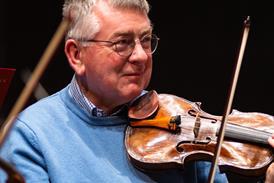
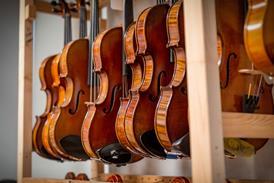

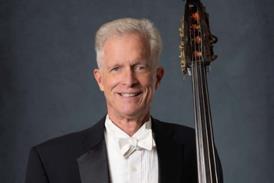

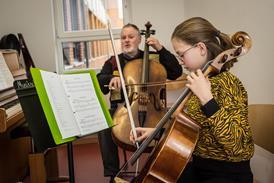
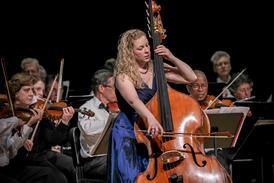

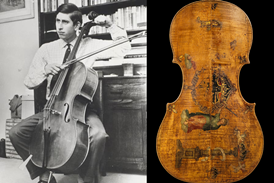


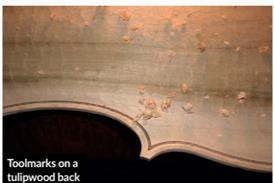

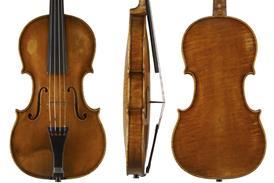























No comments yet